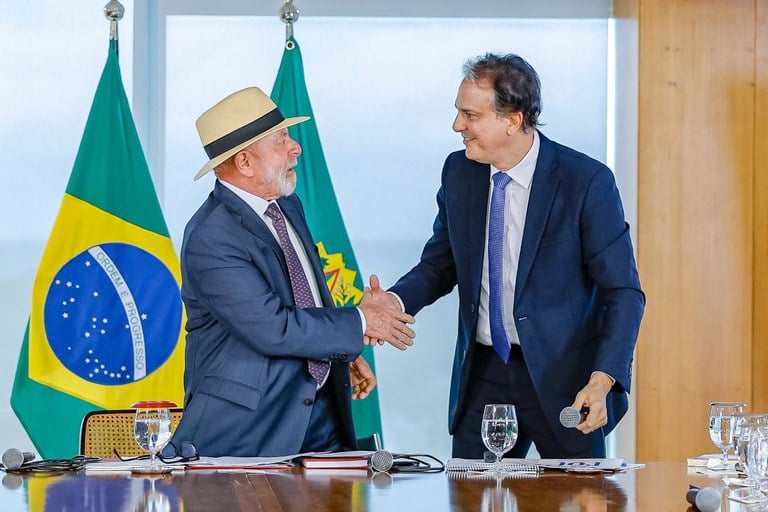Children and adolescents will no longer be allowed to use portable electronic devices, such as cell phones, indiscriminately in public and private basic education schools across the country. This is mandated by Law 15,100 of 2025, signed by President Luiz Inácio Lula da Silva and published in the Official Gazette of the Union on Tuesday, January 14. The law prohibits students in early childhood, elementary, and high school education from using portable electronic devices (such as cell phones and tablets) during school hours. In classrooms, cell phone use will only be permitted for pedagogical or educational purposes under teacher supervision.
The legislation, passed by Congress, aims to safeguard the mental, physical, and psychological health of children and adolescents by addressing the prevalent use of cell phones during study periods and moments intended for social interaction, such as recess or breaks between classes.
The law originated from Bill 4,932/2024, proposed by Federal Deputy Alceu Moreira (MDB-RS). In the Senate, the bill was reviewed by Senator Alessandro Vieira (MDB-SE), who advocated for the measure, emphasizing “the well-documented impacts of cell phone use, particularly among adolescents.” Following extensive debate, the Senate approved the proposal just before recess.
“This law reflects the commitment of all those dedicated to education and the well-being of children and adolescents in our country. It represents an act of courage, citizenship, and respect for our nation’s future. I am proud to enact this law,” said President Lula during the signing ceremony.
Education Minister Camilo Santana stated that the rules will take effect for the 2025 school year. He shared data highlighting the potential of the law to improve student performance. “The 2022 PISA (Program for International Student Assessment) revealed that 80% of Brazilian students admitted they are distracted and struggle to focus during math lessons due to cell phone use. This law is backed by scientific evidence and research demonstrating the risks of excessive screen time,” he explained.
Exceptions
The law provides some exceptions. Beyond pedagogical use, students will be allowed to use cell phones in or outside the classroom to ensure accessibility and inclusion or to address health needs or fundamental rights.
Addressing Psychological Distress
The legislation also requires schools and educational networks to develop strategies to address psychological distress and mental health issues among basic education students. This includes raising awareness of the risks, signs, and prevention of psychological distress, particularly related to excessive device use and exposure to inappropriate content.
Schools will need to provide periodic training to detect, prevent, and address signs of psychological and mental distress caused by excessive screen time. Institutions are encouraged to create spaces for listening and support, offering assistance to students and staff experiencing mental health issues, particularly stemming from excessive screen use or nomophobia—the fear of being without a cell phone or other electronic devices.
Excessive Usage
With one of the highest mobile phone usage rates globally, Brazil also leads in screen time—estimated at an average of at least nine hours daily.
This reality significantly affects children and adolescents. According to the TIC Kids Online survey by the Brazilian Internet Steering Committee, 95% of individuals aged 9 to 17 use the internet, primarily through portable devices (97%). In 2023, the survey found that 24% of respondents started using the internet during early childhood (up to six years old). Additionally, 88% of users aged 9 to 17 reported having social media accounts, with the rate reaching 99% among those aged 15 to 17.







